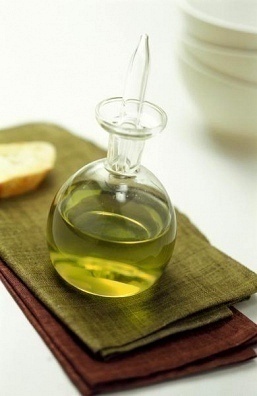Vegetable Glycerin
Vegetable glycerin is a carbohydrate that is usually derived from plant-based oils and is used in consumer products like cosmetics and electronic cigarette liquids. A commonly used term for vegetable glycerin is vegetable glycerol.
Vegetable Glycerin (VG) is organic. In order for it to be considered “food-grade” it must be 99.7% pure and the remaining percentage must be water. VG is naturally sweet, but since it is metabolized in a manner different from the way sugar is, it is not known to raise the blood sugar level in people. It has also been used in the processing and production of foods that are advertised as being low in carbohydrates and is not known to contribute to tooth decay.
How is Vegetable Glycerin Used?
Vegetable glycerin is used in place of alcohol when extracting from plants. This allows goods to be produced without the presence of alcohol. However, the resulting product has a much shorter shelf-life than those that are made with alcohol. VG is also used in a number of cosmetic products such as shampoo, toothpaste, and soap/lotions for people that have sensitive skin. Medically, vegetable glycerin is also used as a topical remedy for skin rashes, burns, cuts, bedsores, psoriasis, and is used in laxatives. More recently, vegetable glycerin has also been used as an alternative vapor producing agent in e cigarette e liquid for vapor smokers who are allergic to propylene glycol.
How Is Vegetable Glycerin Made?
Vegetable Glycerin can be generated as a by-product of soap made from animal fat or plants. When it is made from plant-based ingredients, VG is normally made from palm or coconut oil. The oil is heated to a very high temperature under pressure, the glycerin then separates from the fatty acids, and the water absorbs it. The water must then be distilled in order to isolate the VG from the substance.
What Are Other Uses for Vegetable Glyercin?
Other vegetable glycerin uses include: de-icing fluids, citric acid production, producing cosmetic bonding agent in lip gloss, lotions, and eye shadow, as a compost additive, in body building supplements, anti-drying agents in water colors, and as a preservative in hookah tobacco.


Comments - No Responses to “Vegetable Glycerin”
Sorry but comments are closed at this time.